The Law Enforcement Directive (LED) is a piece of EU legislation. It deals with the processing of personal data by data controllers for ‘law enforcement purposes’. In our monthly podcast we will deep dive into the subject of Data Protection and strive to share more insights & explanations on the Law Enforcement Directive with Juraj Sajfert, Research & Lecturer in Data Protection for Law Enforcement.
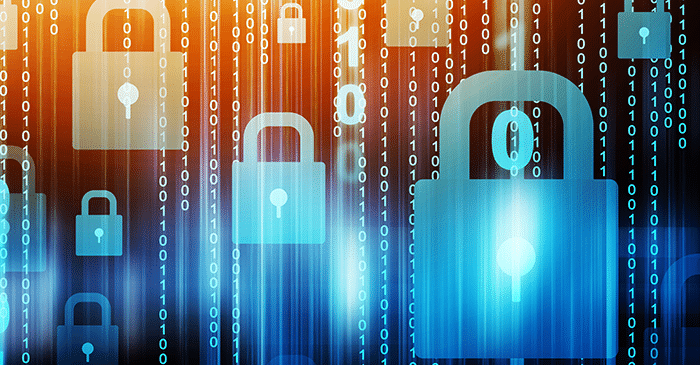
What is the scope of the Law Enforcement Directive (LED)?
In our Business & Decision Expert Podcast, we strive to answer questions in the domain of Data & Digital. For this episode, we will deep dive into the subject of Data Protection and more specifically with the Law Enforcement Directive (LED).
What we will discuss in this podcast episode:
– What is Data Protection?
– How does the Law Enforcement Directive (LED) relate to GDPR?
– What is the scope of the LED? And what are the differences between these two legislations?
– How is the LED regulated and which law authorities play a role in it?
– What types of companies can be impacted by those regulations?
Gerrit Denayer, Business & Decision Marketing Director, received Juraj Sajfert, Researcher and lecturer in data protection for law enforcement.
Listen to the full podcast
Extract:
Gerrit: So first of all, GDPR I guess everybody knows about it but how does the law enforcement directive relates to that?
Juraj: You asked what is data protection? I think, to put it simple, it’s democratisation of privacy. From the moment we have this specific, fundamental right to data protection, which in EU happened in 2009. From that moment on, everyone has the right to their personal data being protected. So it doesn’t matter anymore. Whether it’s impactful or not, whether you’re a famous person or not, whether it’s for the society important to protect your privacy or not. The thing is that you have your personal data and you are entitled to them being protected. And this became especially relevant with the development in the digital world and the entering of humanity into the digital era. That’s why this fundamental right became so visible lately. It existed for a while we had some legislation on data protection in EU since 1995. But it wasn’t so visible, and it wasn’t actually so important or enforced properly.
The big change then happened that everyone knows about this big change happened on 25th of May 2018. When the GDPR entered into application. What I wanted to explain to your audience today is that the GDPR is not the only data protection law that exists in the in the European Union. It is a very important piece of legislation that has a lot of impact. It has a large scope of application, both material and territorial, but it doesn’t apply to all data processing activities in the EU. And one area where the GDPR does not apply is the area covered by the so called law enforcement directive, or, as sometimes people refer to it LED.
The law enforcement directive is also an EU piece of legislation. So that applies in EU, to processing of personal data by law enforcement authorities, which means police prosecutor, criminal courts, prisons, so the traditional core law enforcement authorities that are part of the criminal justice system and are in charge of criminal investigations and criminal proceedings. So for purposes of prevention, investigation, detection and prosecution of criminal offenses, they need to apply the rules of the law enforcement directive and not the GDPR. And you can already see the name. There is a difference between the nature of the instrument GDPR regulation being directly applicable, while the law enforcement directive, the directive means that it has to be transposed in member states, which means that eventually the law enforcement authorities applied the national law, which transposed the European law enforcement directive.
The Law Enforcement Directive is also an EU piece of legislation, to process personal data by law enforcement authorities, which means police, prosecutors, criminal courts etc (…). For purposes of prevention, investigation, detection and prosecution of criminal offenses they need to apply the rules of LED and not the GDPR.
Juraj SAJFErt
Gerrit: So that’s already one of the biggest differences, between GDPR and the LED or the law enforcement directive, is a regulation imposed by the EU and directive. The law enforcement directive means it needs to be translated into a local authority or by a local authority into law, right?
Juraj: Yes basically, because the criminal justice system is an area where member states of the EU have still a lot of resentment to actually assign legislating about those to the EU legislator. So they really like to keep this at the national level. I think that’s one of the main reasons why this area is not regulated by regulation, but by directive that the national legislators, so the national parliaments have to transpose in national laws. So in practical terms, it means that in, for example, in Belgium, where we are, you have the GDPR directly applicable for any other administrative type of public sector processing and private sector, obviously, and it’s directly applicable. But for the law enforcement authorities, there is a Belgian law that transposes the European directive and the law enforcement authorities on the ground, police officers, prosecutors, apply this Belgian national law.
Business & Decision Expert is a podcast where we talk about Data, AI & Digital topics. We receive every month Data & Digital experts to discuss how Data is revolutionizing our daily lives and we strive to answer business question related to digital transformation. We aim to gather a community of Data passionate people around our podcast where everyone can learn something in a relaxed and fun way.
You can listen to us on Soundcloud, Apple Podcast, Spotify or other podcast platforms.










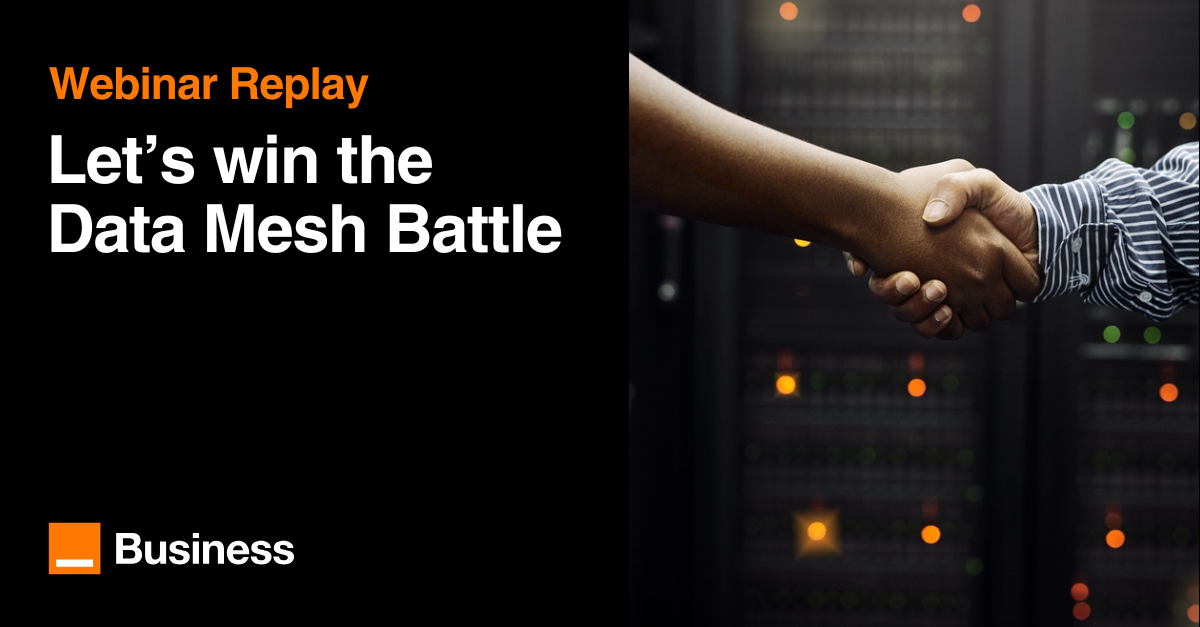
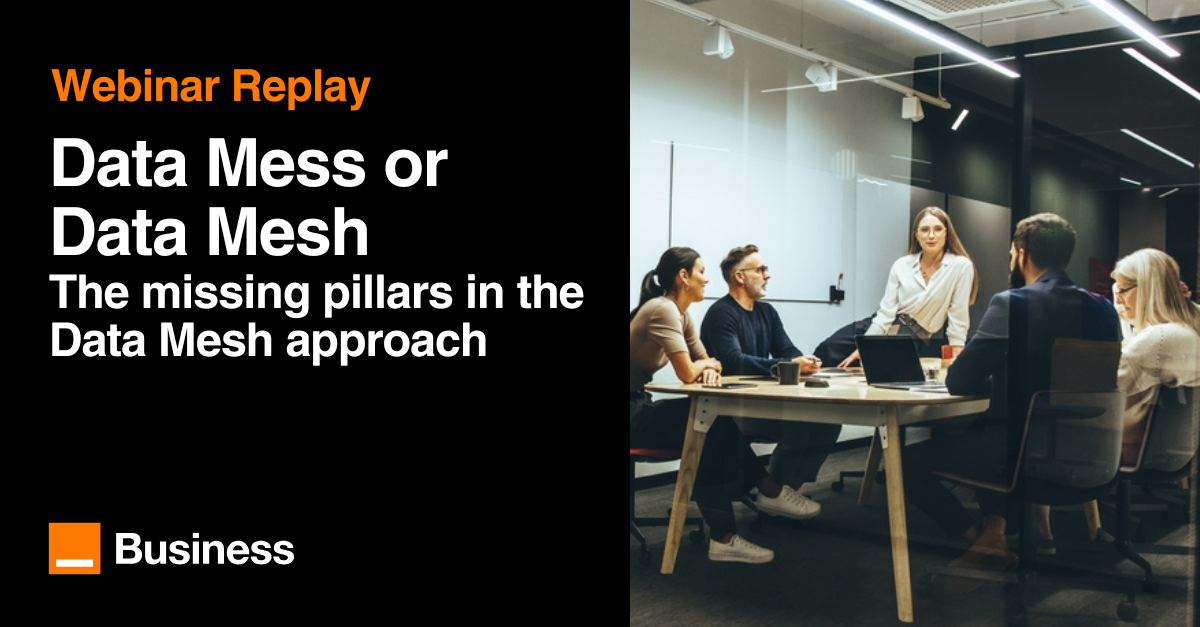
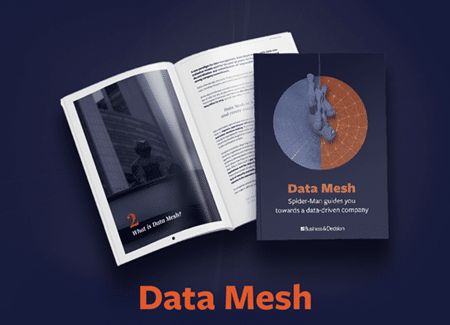


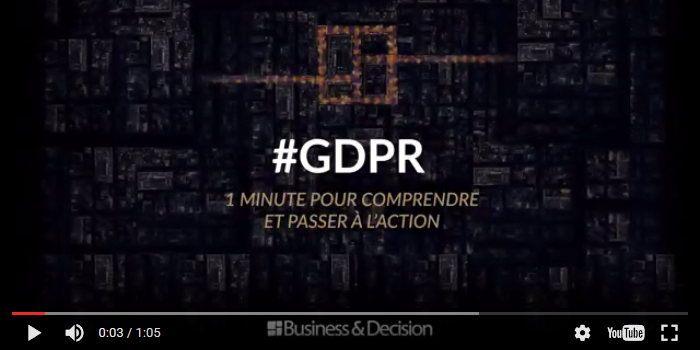
Your email address is only used by Business & Decision, the controller, to process your request and to send any Business & Decision communication related to your request only. Learn more about managing your data and your rights.